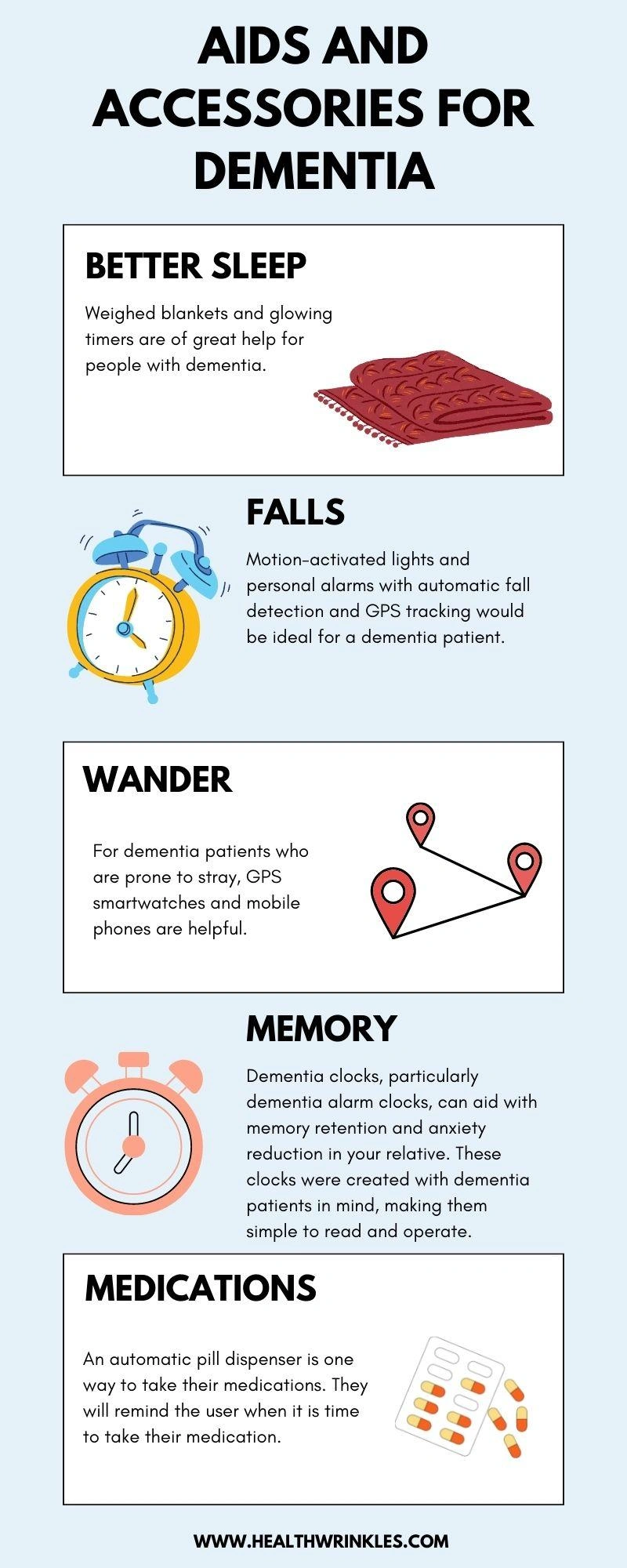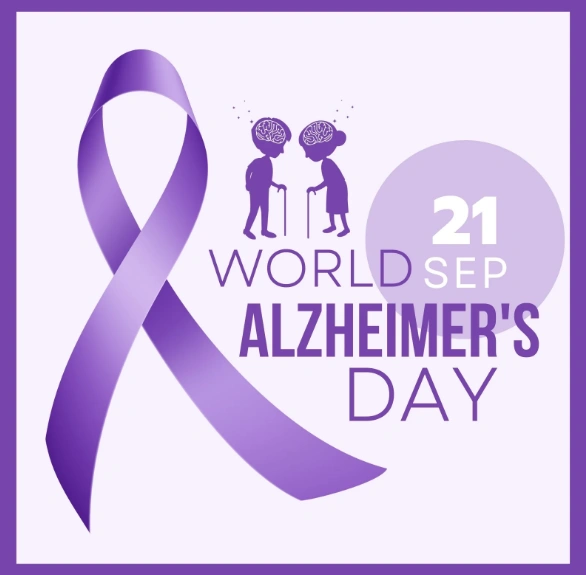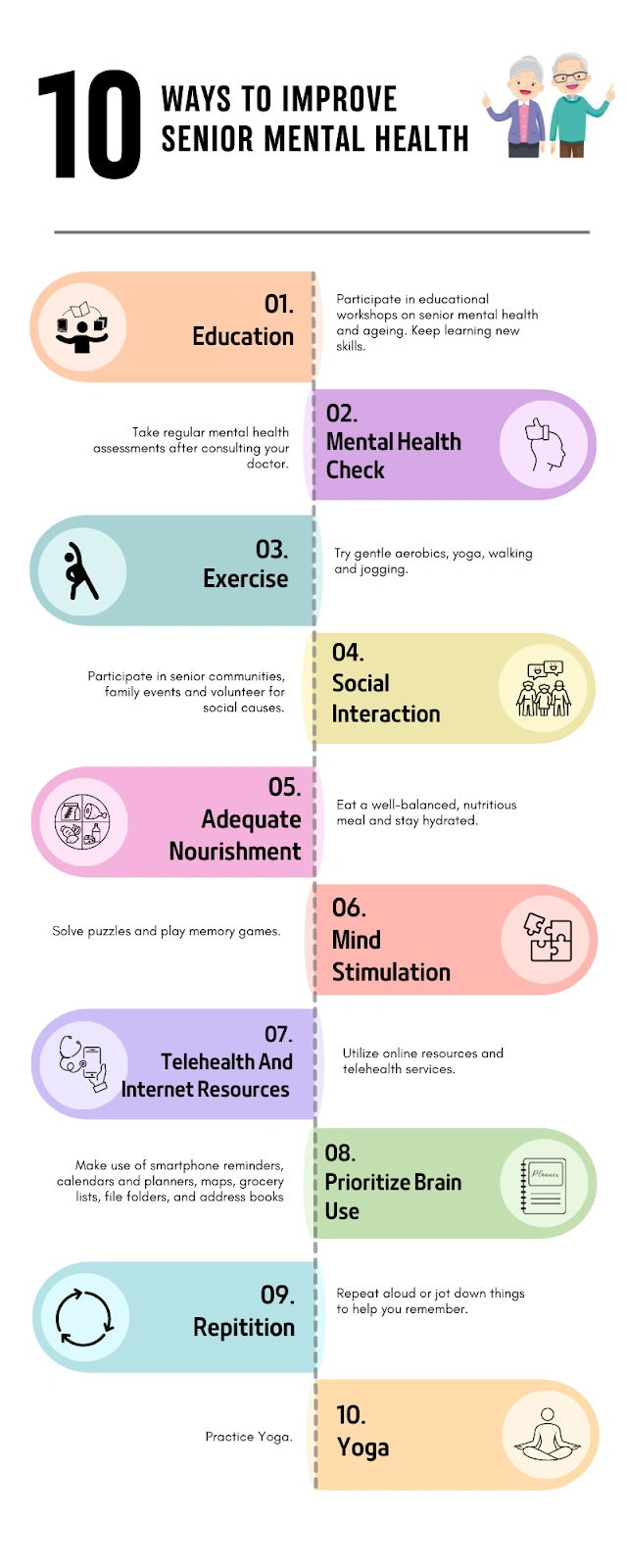Caring for Seniors with Dementia: A Geriatricians Approach
As people age, they may experience changes in their memory and cognitive abilities. This can be a natural part of aging or a sign of a more serious condition such as dementia. Dementia is a progressive condition that affects a person's ability to remember, think, and reason. It can be challenging to care for someone with dementia, but with the right approach, it is possible to provide high-quality care and improve their quality of life.
A geriatrician is a medical doctor who specializes in the care of older adults. Geriatricians are uniquely qualified to care for seniors with dementia because they understand the complexities of the aging process and the impact that dementia can have on a person's health and well-being.
One of the most important aspects of caring for seniors with dementia is understanding their unique needs and preferences. Every person with dementia is different, and their care should be tailored to their individual needs. This can involve adapting their living environment, routines, and activities to suit their abilities and interests.
Another critical aspect of caring for seniors with dementia is managing their medical needs. Dementia can increase the risk of other health conditions, such as infections, falls, and malnutrition. Geriatricians can help manage these conditions and ensure that seniors with dementia receive appropriate medical care.
Communication is also key when caring for seniors with dementia. As the disease progresses, it can be challenging for seniors to communicate their needs and feelings effectively. Geriatricians can help caregivers develop effective communication strategies that allow them to better understand and respond to the needs of seniors with dementia.
There are several practical steps that caregivers can take to improve the care of seniors with dementia. These include creating a calm and structured living environment, providing regular opportunities for social interaction and physical activity, and establishing a consistent daily routine. Additionally, caregivers should prioritize safety by identifying and addressing potential hazards in the living environment, such as loose rugs or electrical cords.
Another important consideration when caring for seniors with dementia is managing their medications. Seniors with dementia may have difficulty remembering to take their medications, which can lead to serious health complications. Geriatricians can help develop medication management strategies that make it easier for seniors with dementia to take their medications as prescribed.
Finally, it is essential to prioritize the emotional well-being of seniors with dementia. Dementia can be a frustrating and isolating experience, and seniors with dementia may experience depression, anxiety, or other emotional challenges. Caregivers can help address these challenges by providing emotional support and opportunities for social interaction and engagement.
In conclusion, caring for seniors with dementia requires a comprehensive approach that addresses their unique medical, social, and emotional needs. Geriatricians can play a vital role in this process by providing specialized medical care and support to both seniors with dementia and their caregivers. With the right care and support, seniors with dementia can continue to lead fulfilling and meaningful lives.


























